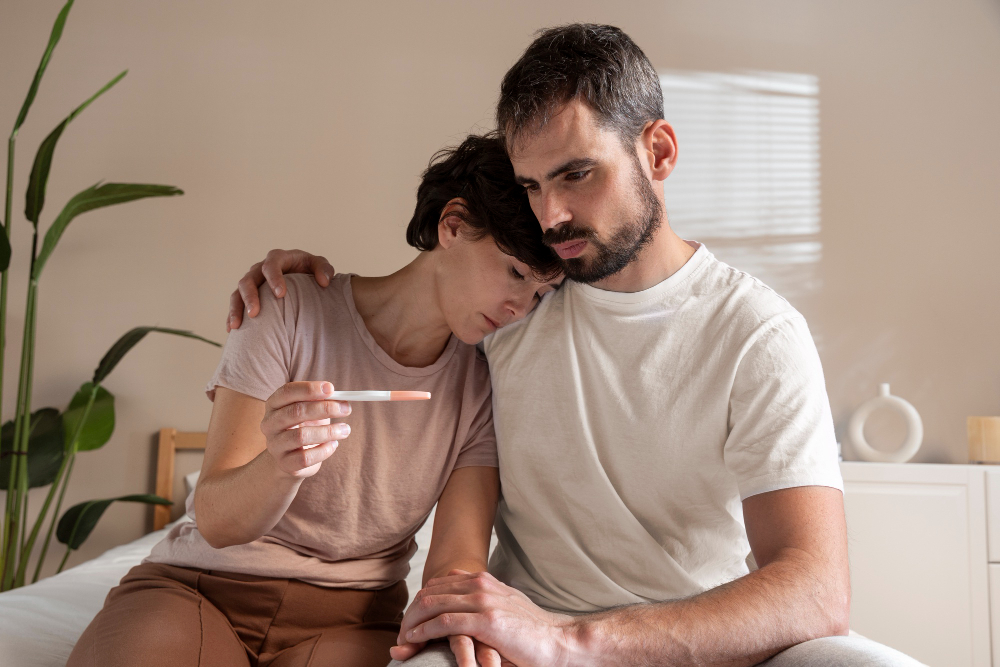What is Anovulation?
Anovulation means your ovaries do not release an egg during your menstrual cycle. This can make it hard to get pregnant. In fact, anovulation is a common cause of infertility in women. Normally, one egg is released each month. However, with anovulation, this process does not happen. As a result, your periods may become irregular or stop. According to the World Health Organization (WHO), anovulation affects many women of childbearing age. Understanding anovulation is important for your health and fertility.
Common Causes of Anovulation
Many factors can lead to anovulation. Sometimes, the cause is simple. Other times, it may be linked to health conditions. Here are some common causes:
Recognizing Symptoms of Anovulation
Sometimes, anovulation has no clear signs. Still, you may notice some changes. For example, your periods may become irregular or very light. In some cases, periods may stop for several months. Other symptoms can include:
If you notice these symptoms, it is important to talk to your doctor. Early care can help manage anovulation and improve fertility.
How Anovulation is Diagnosed
Doctors use several methods to diagnose anovulation. First, they will ask about your periods and health history. Next, they may do a physical exam. To confirm anovulation, your doctor may suggest:
With these tests, your doctor can find the cause and suggest the best treatment for anovulation.
Treatment Options for Anovulation
Treatment for anovulation depends on the cause. In many cases, simple changes can help. For example, managing stress or reaching a healthy weight may restore ovulation. However, some women need medical treatment. Common options include:
Always talk to your doctor before starting any treatment. They will help you choose the safest and most effective option.
Lifestyle Tips and Prevention
While not all causes of anovulation can be prevented, healthy habits can lower your risk. Here are some tips:
These steps can support your overall health and may help keep your menstrual cycle regular.
When to See a Doctor
If you have irregular periods, missed periods, or trouble getting pregnant, see a healthcare provider. Early diagnosis and treatment can improve your chances of pregnancy. In addition, it can help prevent other health problems linked to anovulation. Remember, every woman is different. Therefore, it is important to get advice that fits your needs.
If you have questions about anovulation, consult a healthcare specialist for personalized advice.

